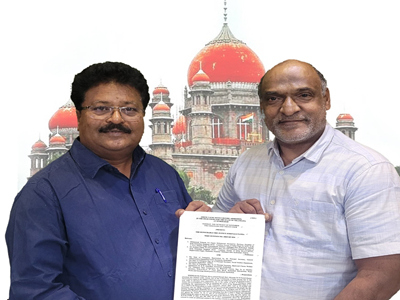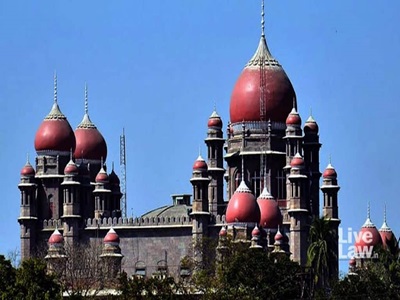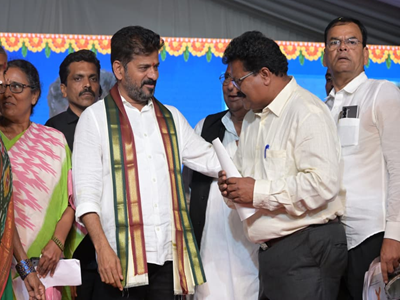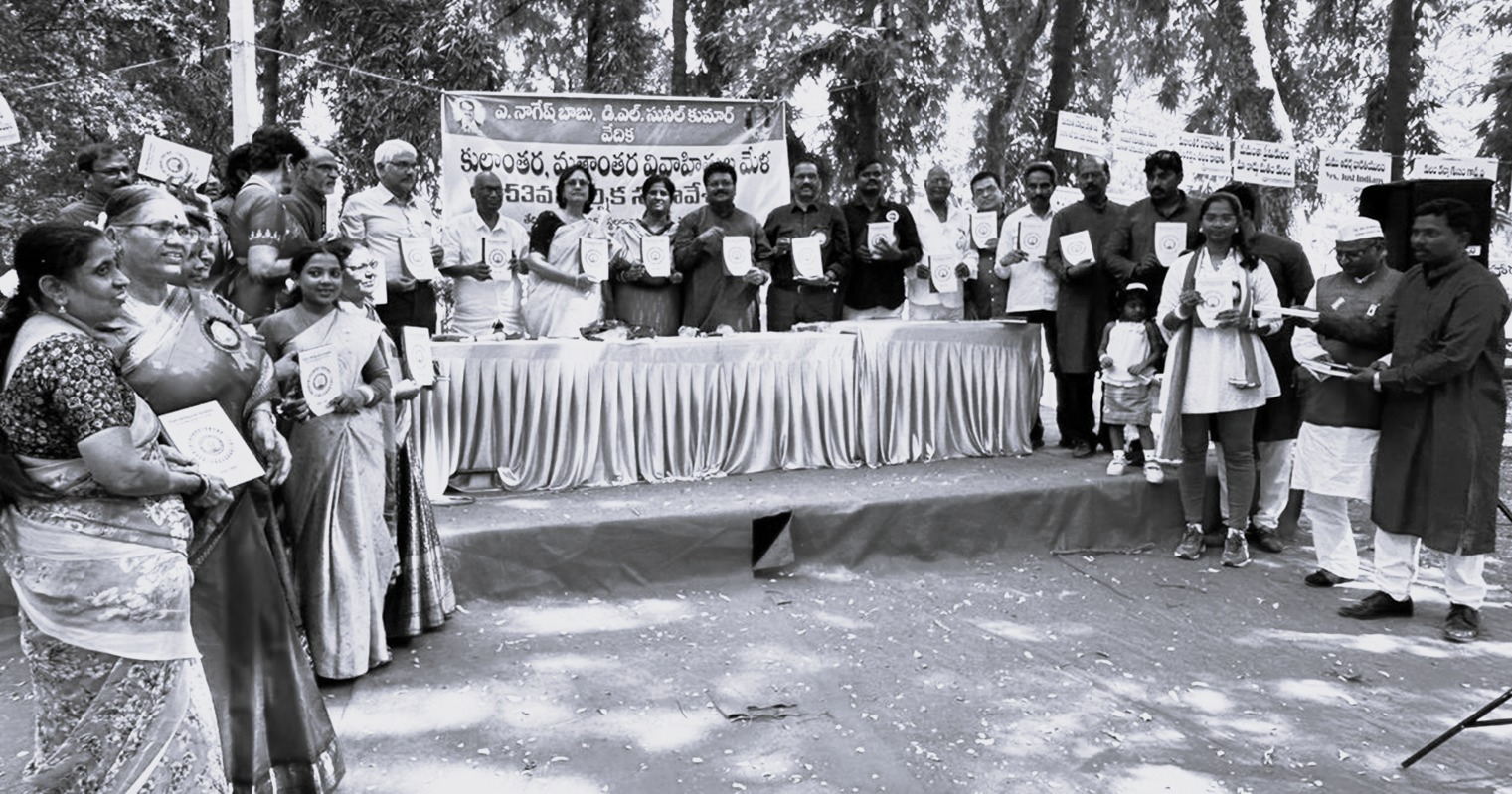A HISTORIC STEP TOWARD EQUALITY: "No Caste, No Religion" Officially Recognized
Date: November 6, 2024
The year 2024 stands as a landmark in the long and inspiring journey of the caste eradication movement. For the first time in India’s history, the government has officially recognized “No Caste” and “No Religion” in its official records, a transformation that marks not just administrative progress, but a deep moral and social victory for everyone who believes in equality and human dignity.
This moment of history was not born out of chance, it was earned through relentless effort, unshakable conviction, and years of collective struggle led by Kula Nirmulana Sangham.
The Journey and the Vision

From its very inception, Kula Nirmulana Sangham has stood for one simple but revolutionary goal, to create a society beyond caste and religion, where individuals are free to define their own identity. Over the years, many have courageously shed their caste identities, becoming “No Caste.” Many more have gone a step further, choosing “No Religion” to live as human beings without labels.
Yet, despite their conviction, there was no place for them in official records. Whether in school admissions or government surveys, they were simply pushed into a vague category of “Others.” or OC.
Recognition is not just a bureaucratic formality, it is an acknowledgment of existence. Without being counted, one remains invisible. Knowing the number of those who identify as “No Caste” or “No Religion” gives strength to the movement and serves as an inspiration for others to live freely and truthfully.
Across the world, many nations already recognize atheists, humanists, and the non-religious in their census. Yet, even after 76 years of independence, India had never recognized “No Caste” and “No Religion” citizens in any official capacity.
Inspired by History, Driven by Conviction

The roots of rational thought in India are ancient, long before the Vedic era, thinkers like Charvaka, Ikshvakula, and Kapila (Samkhya) spoke of reason over ritual. Buddhism too rejected divine hierarchy and upheld human values above all.
In modern times, leaders like Periyar E.V. Ramasamy, Annadurai, Karunanidhi in Tamil Nadu and Tripuraneni Ramaswamy, Gurajada Apparao, Jashua, Vemana, Gora, B. Ramakrishna, Gutta Radhakrishna, and Jayagopal in the Telugu states carried forward the light of rationalism, humanism, and equality.
Inspired by their legacy, Kula Nirmulana Sangham continues to stand firm, not just as an organization, but as a living movement against discrimination, inequality, and the social barriers built by caste and religion.
The Legal Struggle and the Turning Point

When the Telangana Government announced its plan for a Comprehensive Social and Economic Survey, Kula Nirmulana Sangham saw a historic opportunity to demand inclusion of “No Caste” and “No Religion” categories.
A delegation, including Waheed, Gutta Jyothsna, Yadulla Jyothi, E. Suryanarayana, D.L. Krishnachand, Rafi Shaik, and Nandakumar, met with the Chief Minister, Deputy Chief Minister, Panchayat Raj Minister, and BC Commission Chairman, submitting formal petitions requesting that the survey format include dedicated columns for No Caste and No Religion citizens. Parallel petitions were submitted across Telangana:
- In Nizamabad, through Gorrepati Madhav Rao of the Civil Rights Association.
- In Karimnagar, by Mididoddi Srinivas, KNS dist. incharge.
- In Warangal, by Rama Devi and the district team.
Other organizations, including the Manava Vikasa Vedika led by T. Bhaskar, also extended support.
However, when the survey format was released, it failed to include the requested categories. Refusing to accept this oversight, Kula Nirmulana Sangham convened an emergency executive meeting and decided to approach the High Court.
Under the leadership of President Md. Waheed and General Secretary D.L. Krishna Chand and with the guidance of senior advocate and Civil Liberties Committee leader D. Suresh Kumar and the generous legal and financial support of C.L.N. Gandhi, a petition (W.P. No. 30829/2024) was filed before the Telangana High Court.
Justice Surepalli Nanda heard the case and, while noting that the survey was about to begin, issued a positive interim order directing the government to consider our plea.
Simultaneously, the Sangham reached out to intellectuals and supporters across the state, appealing for moral and public backing. And within just two days, the impossible happened, the survey format was revised.
A Victory Etched in History

For the first time ever, the government officially introduced columns for “No Caste” and “No Religion” in the survey format. Alongside these, details of inter-caste and inter-religious marriages were also included.
This change was not just symbolic, it represents a new beginning in India’s social and moral fabric. It affirms the constitutional right of every individual to live with freedom of thought, belief, and choice.
Our long-standing demand, to recognize children born from inter-caste marriages as “Ideal Indian Citizens” and grant them 5% special reservations has now found a foundation in this recognition.
The inclusion of “No Caste” and “No Religion” is more than a bureaucratic change. It is a declaration that human identity is beyond caste, beyond religion, and rooted in equality and dignity.
How You Can Choose 'No Caste, No Religion'
To opt for 'No Caste, No Religion' in the survey and other documents like birth certificates, school admission forms, and housing records:
- When asked about religion, select Code 07 - No Religion
- For social classification, choose Code 5 - No Social Classification
- For caste section, choose Code E - No Caste
Ensure these preferences are recorded in both digital and manual records. If you face issues, contact us for support and guidance. We are preparing step-by-step resources and form walkthroughs to help everyone exercise this right.
Our Gratitude and Future Vision
We extend heartfelt thanks to Telangana Chief Minister Revanth Reddy, the state administration, and the intellectual community that supported this revolutionary move. Telangana has now set an example for the entire nation, showing what true social progress looks like.
While the final judgment in our case is still awaited, we remain confident that the court will uphold our appeal, recognizing this as a fundamental right and a democratic necessity.
Our Continuing Demands
- Every government document must include a “No Caste / No Religion” option.
- Birth certificates should allow registration without mandating a religion.
- The upcoming National Census must include “No Caste / No Religion” categories.
- Governments should promote and support inter-caste and inter-religious marriages, offering both recognition and financial encouragement.
As we look ahead to 2025 and beyond, Kula Nirmulana Sangham reaffirms its commitment, to stand united, to fight peacefully, and to continue building a society where every human being is valued not for their caste or creed, but for their humanity.
This is not the end of a struggle, it is the beginning of a new chapter in India’s social history.
Join the Movement
Follow us for updates, events, and guides on how to register yourself and your family under the “No Caste, No Religion” identity. This is our right. This is our voice. This is our moment.